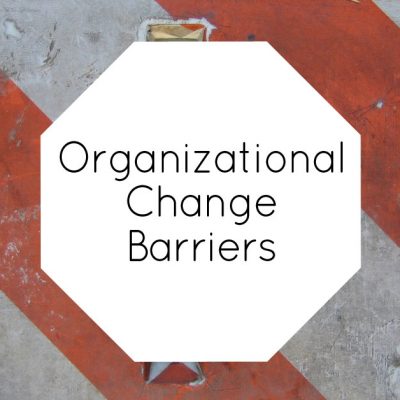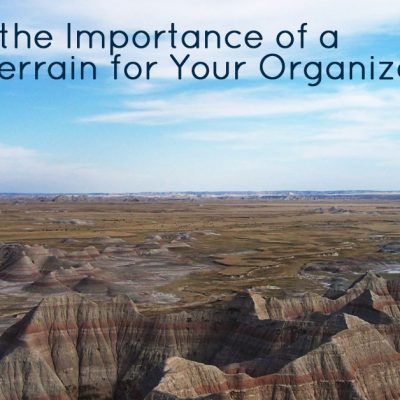
On elementary school report cards, there is a grade for 'working well with others'. In organizations, people are expected to develop (or already have) the skillfulness of working well with others, in teams. In these times, people are expected to be able to transfer their skills and capacity for working cooperatively into cross-functional teams and task groups. As a child, to learn to be good at working well with others, the child needs to be taught about personal boundaries and how to use them. As a team member, the person needs to be able to work well with self-knowledge of personal boundaries. At the same time, to be contributing well in cross-functional teams and task forces. Working well from personal boundaries is a critical ingredient for success.
Are Personal Boundaries Taboo?
So, if boundaries are so important for an individual to work well with others, why is it that in our team development work, the subject of personal boundaries is handled with kid gloves? Personal boundaries often appear to be a taboo subject. As I ask about personal boundaries during team development work, the people in the room often shuffle, avoid eye contact with me and the discomfort is palpable.
In those moments, I regroup and acknowledge that there is a paradox between the importance of personal boundaries and the importance of working cooperatively with others. I suggest that finding the right balance between boundaries and cooperation is a key to having the greatest benefit from the collective. When working with groups like this, I ask that we put to one side (for later) our emphasis on team development and working cooperatively. I ask, instead, to take some time to examine personal boundaries as a starting place. After an exploration of the topic of personal boundaries, the first steps in our development work will be on developing and strengthening personal boundaries. I explain that it is essential to do this before the people in the team can truly benefit from exploring the other dimensions of team development and working cooperatively.
Invariably, this is met with more shuffling and avoiding eye contact. People are uncomfortable. They had agreed to participate in team development work with me. This emphasis on personal boundaries was unexpected and therefore not being embraced.
Finding Comfort with Personal Boundaries
In working with these team development groups, when there is discomfort with personal boundaries, the first step is to find a little comfort with the topic. To do so, I asked two questions that are important for consideration:
- at what age did you have the guidance for developing your clarity about your personal boundaries and how to use them?
- what internal guidance system do you have for discerning what your personal energy is available for and what it is not available for (because that's really what boundaries are all about)?
You might want to pause in your reading and consider these questions for yourself right now.
As you might have discovered for yourself, and expect in a group like this, most of the people did not have guidance for developing clarity about personal boundaries from anyone. Often, the only example that can be recalled is of learning about physical boundaries related to good touch and bad touch. Possibly there might have been conversation of noticing what felt warm and fuzzy in life, and what felt cold and prickly. Beyond that early orientation, most people have no recollection about the development of personal boundaries. Often, learning about boundaries comes through bumpy times in life figuring out in the present moment or by looking back at life experiences to be clear about what you want and don't want.
People are often puzzled about the second question. What do you have inside you that helps you to know what you are available for and what you are not? Have you taken time to think about boundaries? Or is it more reactive - when something feels bad then you discover you have a boundary? In team development work, this discussion quickly moves to the topic of working cooperatively and good teamwork. Sometimes, perhaps often, the group challenges me, saying that to work well as a team there is no space for personal boundaries. To work cooperatively there is no space for taking individual stances of what you are available for or not.
Working Cooperatively Requires Boundaries
I was not surprised by this challenge. It is after all a paradox to understand that the best teamwork, the best cooperative work, comes from individuals who understand their personal boundaries. Individuals who understand what their energy is available for and what it is not available for. And who can see how this supports the functioning of the team rather than detracts from it.
In teams where personal boundaries are clear, the space between people actually gets smaller and teams can work together more effectively and more joyfully. When personal boundaries are not clear, the space between people needs to be much larger in an effort to prevent conflict and in being unsure of what can be asked of each individual. If you consider the benefits of being clear about personal boundaries and talking about them openly within your team, can you imagine other benefits for your team development? Share them with us in a comment!











Thomas Herrmann
Very important exploration about personal boundaries, thanks for bringing it up. I Think what makes my personal boundaries is a lot about my values.